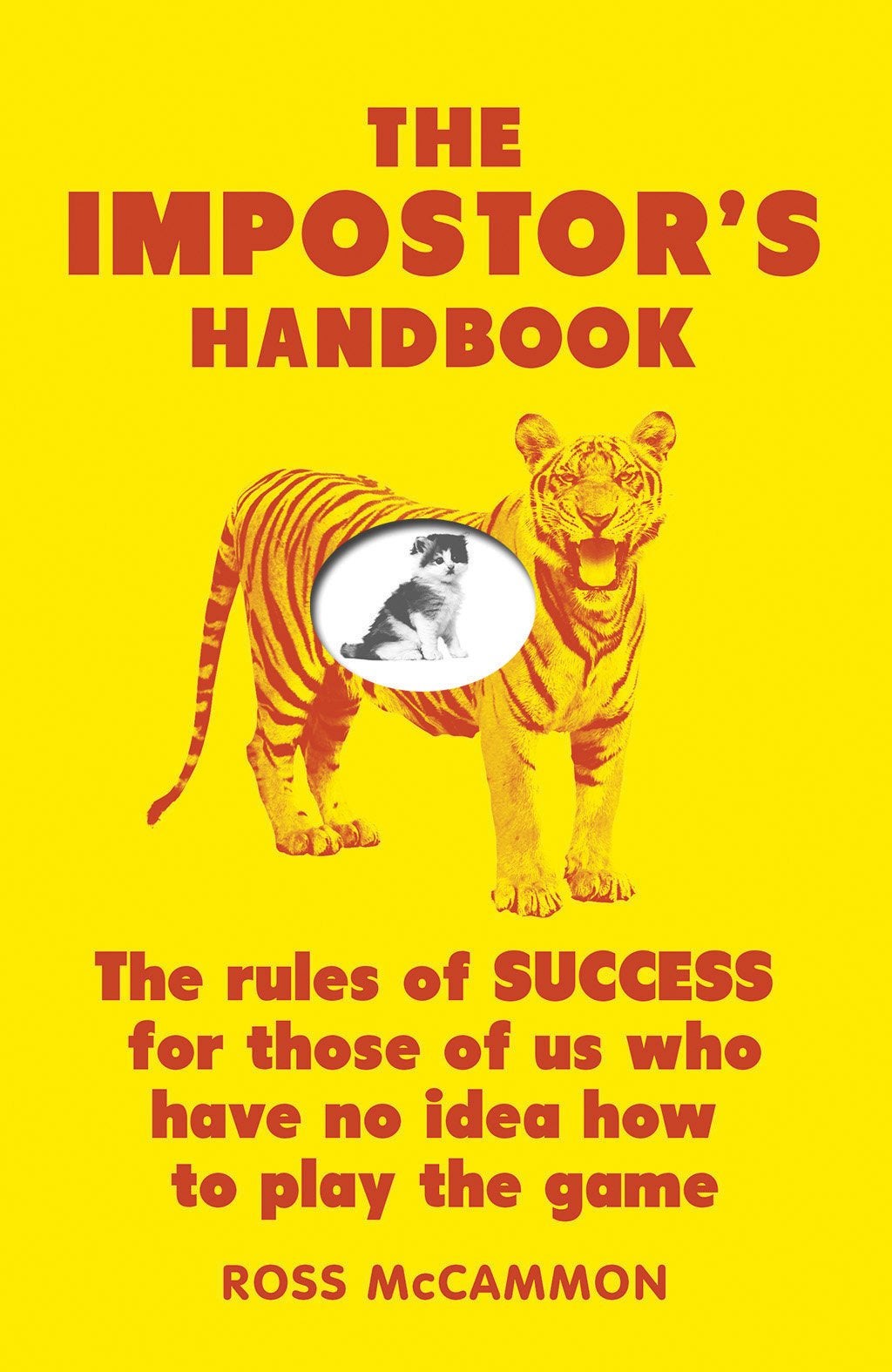The Independent's journalism is supported by our readers. When you purchase through links on our site, we may earn commission.
Do you feel like a fraud? Seven ways to get over 'impostor syndrome'
If you feel like you might not belong, Ross McCammon has some tips to help you through

Your support helps us to tell the story
From reproductive rights to climate change to Big Tech, The Independent is on the ground when the story is developing. Whether it's investigating the financials of Elon Musk's pro-Trump PAC or producing our latest documentary, 'The A Word', which shines a light on the American women fighting for reproductive rights, we know how important it is to parse out the facts from the messaging.
At such a critical moment in US history, we need reporters on the ground. Your donation allows us to keep sending journalists to speak to both sides of the story.
The Independent is trusted by Americans across the entire political spectrum. And unlike many other quality news outlets, we choose not to lock Americans out of our reporting and analysis with paywalls. We believe quality journalism should be available to everyone, paid for by those who can afford it.
Your support makes all the difference.Ever feel like a fraud at work? That you are just waiting for your boss to notice you have no idea what you’re doing and to turf you back out into the world of unemployment? There is actually a term for those feelings – impostor syndrome.
The phrase, coined by clinical psychologists Pauline Clance and Suzanne Imes in 1987, refers to the idea that people cannot accept their own accomplishments - even if they are incredibly talented.
Harry Potter actress Emma Watson has spoken about feeling like an impostor within the industry, while American comedian Tina Fey has also voiced fears about being identified as a ‘fraud’.
If you feel like an impostor, Ross McCammon, senior editor at Esquire, has written a book called The Impostor’s Handbook – a guide to passing yourself off as a successful working person if you are lacking the confidence.

Here are seven of his top tips for getting by:
1. Email like you're Robert de Niro
Mr McCammon argues that kindness and pleasantries have no place in email. While you don’t want to be rude, the purpose of email is to get a conversation done as quickly as possible.
He suggests that you reply to emails as Robert de Niro would – direct and to the point, ideally with one word answers. If an email needs clarification, make a phone call instead.
2. Embrace your outsider status
“Imposterism is not something to overcome,” says Mr McCammon. He argues that you can’t fake it to make it, so you need to embrace your mistakes and outsider status. Behave like a human being and not like a fully-programmed robot.
3. Make eye contact during job interviews
When in an interview, research shows that employers look more favourable on those that maintain eye contact while speaking. So, no looking out of the window or staring at your scuffed shoes as you answer questions about your work experience.
4. When you have no idea what's going on say so
It’s impossible to seem genuinely interested in something you have no clue about. Plus, sometimes it’s actually interesting to learn about something you didn’t know about.
So rather than nodding and saying yes, you have seen that latest art-house film, tell the truth and start a conversation.
5. Learn how to shut up
There are some times when it is necessary to go on and on about a project or task. However, if it’s something that needs quick clarification, don’t drag it out. If you’re not interested, no one else will be, argues Mr McCammon.
6. Don't say sorry
Ross explains that “I’m sorry” is emotional and has no place in the workplace. By all means, you should own up when you’ve done wrong, but that doesn’t mean endless pleas for forgiveness. Explain the misunderstanding and say you’ll rectify it, and then move.
7. Always leave a work party before you're ready to go
A work party is basically just a version of work set in a bar. Leave well before you intend to in order to avoid any drunken incidents of embarrassment.
Once you’ve said hello to everyone needed – your boss, that excellent contact – hang around for a big and then make a swift exit.
Ross McCammon's The Imposter's Handbook is released on the 1st October
Join our commenting forum
Join thought-provoking conversations, follow other Independent readers and see their replies
Comments